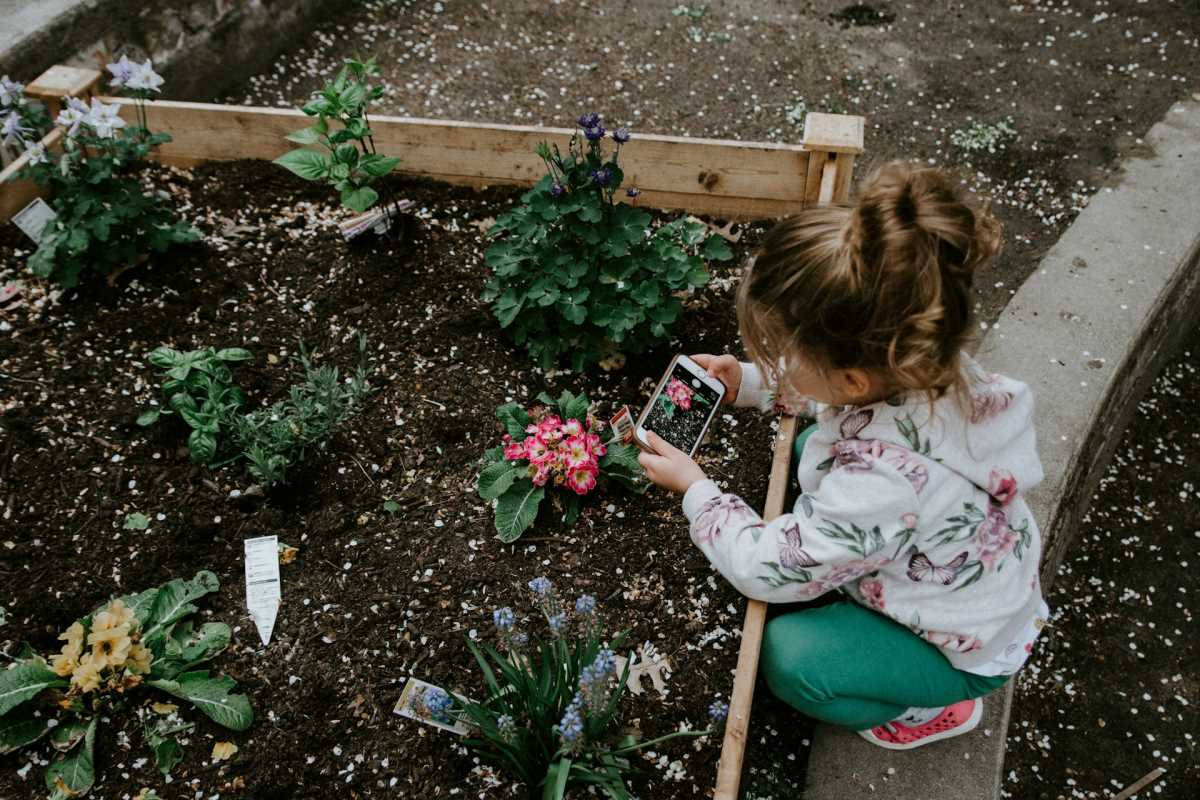Building confidence in children is essential for their overall development and future success. Confidence gives children the foundation they need to embrace challenges, adapt to new situations, and build resilience as they grow. One impactful way to foster confidence is by empowering them with responsibility. Giving children age-appropriate tasks and challenges helps them develop a sense of capability and self-assurance. By entrusting them with responsibilities, children gain valuable life skills and confidence in their abilities to tackle challenges independently, setting the stage for a successful future.
Encouraging Independence
Encouraging independence in children from a young age is key to building their confidence. Simple tasks like setting the table, making their bed, or picking out their clothes give children opportunities to make decisions and accomplish tasks on their own. These small acts of responsibility provide a sense of autonomy and accomplishment that can have lasting effects on their confidence.
When children see that they’re capable of completing tasks independently, their self-esteem and belief in their abilities grow. For young children, this may involve simple responsibilities, while older kids might take on more challenging roles, such as managing a school project or helping with household chores. Every completed task builds confidence, reminding children that they can rely on themselves to get things done.
Developing Problem-Solving Skills
Giving children responsibilities also fosters problem-solving skills. When faced with a task or challenge, children learn to think critically and explore solutions on their own. This could be as simple as organizing their toys in a specific way or deciding how to tackle a school project. Problem-solving promotes creativity and helps children develop resilience, as they learn to view challenges as opportunities for growth rather than obstacles.
Moreover, problem-solving teaches children the importance of making decisions and experiencing the outcomes, positive or negative, of those choices. Through small failures and successes, they gain valuable insights into handling different situations and building confidence in their ability to handle setbacks.
Building Self-Esteem
Responsibility empowers children to take ownership of their actions and decisions, leading to an increase in self-esteem. When children see the positive outcomes of their efforts—whether through praise, a completed task, or acknowledgment from their peers—it reinforces their belief in themselves and their capabilities. This positive reinforcement contributes to building a strong sense of self-worth and self-confidence.
In addition, self-esteem grows when children realize they can contribute meaningfully to their environment, whether it’s within their family, school, or community. Feeling useful and appreciated fosters pride in their abilities, which helps them tackle new situations with optimism and confidence.
Fostering Independence and Confidence Through Gradual Responsibility
As children grow older, the responsibilities given to them can evolve to match their maturity level. Gradually increasing responsibilities, such as managing time effectively, handling money, or taking on more significant household chores, gives children the chance to practice autonomy in a supportive environment. These new challenges allow children to continue building valuable life skills while boosting their confidence in managing more complex situations.
Parents and caregivers play an essential role in guiding children as they learn these skills, providing support and encouragement without overstepping. By gradually increasing the level of responsibility over time, parents can help children feel empowered and prepared to take on new challenges, reinforcing their belief in their own abilities.
Encouraging a Growth Mindset
Empowering children with responsibility also nurtures a growth mindset, the belief that abilities and intelligence can develop through dedication and hard work. When children face setbacks or mistakes while completing tasks, they learn that mistakes are a natural part of learning. This helps them understand that their abilities can improve with effort and persistence.
Encouraging perseverance and a positive attitude towards learning from their experiences fosters resilience, which is an essential component of confidence. A growth mindset helps children approach challenges with a problem-solving attitude and the confidence to try again, reinforcing their belief in their capacity to grow and succeed over time.
Balancing Responsibility with Support
While empowering children with responsibility is crucial, it’s also important to provide support and guidance. If responsibilities are too overwhelming or beyond their developmental stage, it may negatively impact their confidence. Parents and caregivers can ensure tasks are age-appropriate and achievable, allowing children to feel capable rather than frustrated. Offering encouragement, feedback, and celebrating accomplishments—big or small—reinforces their confidence and willingness to take on responsibilities.
Additionally, children benefit from role models who demonstrate responsibility and confidence. Observing how adults manage tasks and face challenges helps children learn valuable strategies for handling their own responsibilities with grace and determination.
Empowering kids with responsibility is a powerful way to build their confidence and self-esteem. Encouraging independence, fostering problem-solving skills, building self-esteem, promoting a growth mindset, and balancing responsibility with support create a holistic foundation for confidence. As children develop the skills and belief needed to navigate life’s challenges, they grow into confident, capable individuals ready to take on the world with resilience and determination. Through empowerment, patience, and support, parents and caregivers can help children embrace their abilities and achieve their potential.







